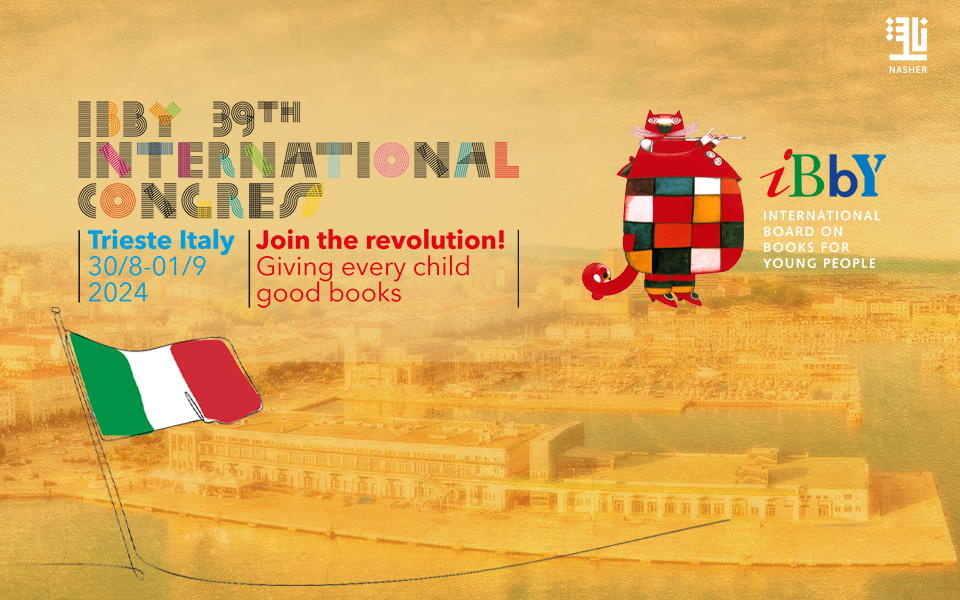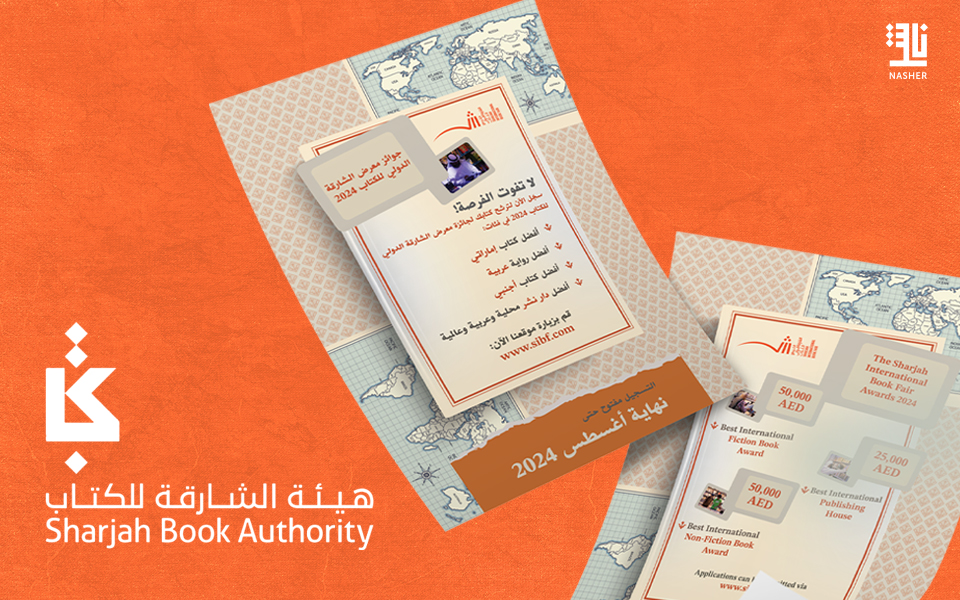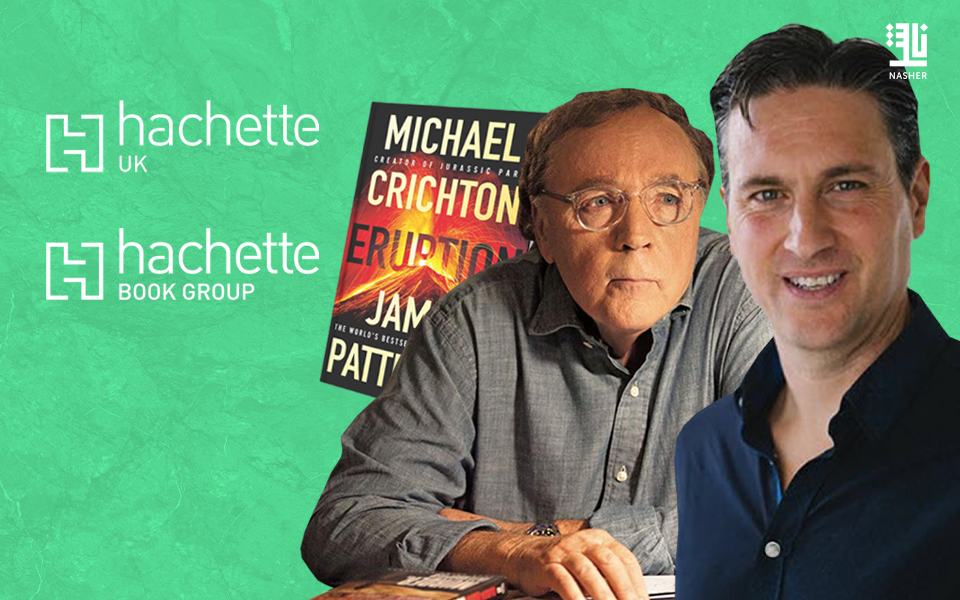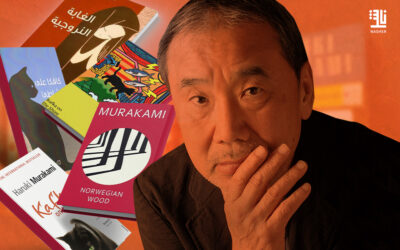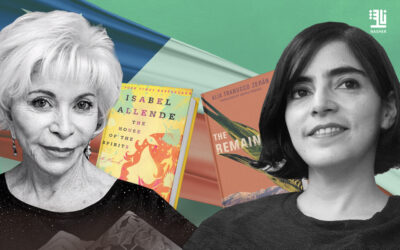Jordan, Jaffar Al Okaili,
When authors have their first books published it is an event that will forever stay in their memories, although some recollections are more positive than others.
While many authors thank and congratulate their first publisher for having introduced them to their audience, others are not so positive saying that they have often regretted their choice.
They claim the reality of what is taking place on the ground can be very different to the many tales of success. They say authors will knock on a publisher’s door with great expectations of marketing their book, especially if they either cover or contribute to the printing and publishing costs.
Generally speaking, the process of publishing a book has many stages, starting with the choice of publisher, negotiating the terms of the contract, editing of the text, choosing the cover’s theme and design, and finally the printing. In the process, frustrated authors say there are disputes and differences of opinion, some of which are settled and some of which complicate the process, which can lead to the project’s suspension or even cancellation.
Palestinian poet and novelist Eyad Shamasneh says that an Arab writer’s first book experience is like having a first child: “It is difficult, challenging and tense with a ‘wait-and-see’ aspect. There is a sense of anticipation and occasional rushes of adrenaline. It has love, joy, happiness, but of course there are the unsteady legs, the pitfalls and the bruises which are inevitable.”
Shamasneh states that his first experience was difficult from the moment he decided to publish his first book, through to the publishing itself. “It is difficult when you send the text to a publishing house and you have to wait up to 12 months to finally be told that it is does not align with its policy. But the policy is neither announced nor published on its website, if it has one. It can take years to get an answer, and sometimes that answer is brief with just a few words that may simply say, ‘we regret to inform you…’”
According to Shamasneh, what can be most frustrating is that the publisher often includes a reading committee, the editor, the secretary and sometimes the cover designer, or the accountant who accepts a payment for publishing the book instead of paying for the copyright.
He describes his relief when he received correspondence from his eventual publishers, three days after sending his request. He says this came after years of correspondence with publishers from different Arab countries, some of whom had recommendations from renowned authors. On publishing his first poetry collection, he says: “Even though I was extremely happy, I had to put my expectations aside, because I know the market very well. I responded to the events with some scepticism because I learned that I have to be realistic.”
Relying on feedback from his readers, he became more independent, starting with text designs and titles, through to gaining authorisation from the artists to use their work on the cover of his book. “I have now published my fifth book, and believe that we need to reassess the publishing and distribution industry in the Arab world,” he says.
For his part, Jordanian poet and researcher Muhammad Mamoud Bishtawi, who now lives in Oman, accumulated several pieces of his work over many years. In 2009, he chose specific pieces to include in a collection titled ‘The Distance Seems an Illusion’, and published it through the financial support of Jordan’s Ministry of Culture (MoC).
“Having compiled the text, all that was left was to choose the publisher,” says Bishtawi. “I looked around, and asked my peers and discovered that there was a new publishing house which launched a series of books and promoted it as a cultural project. It didn’t ask too much money from the authors to publish their books – in fact, it encouraged their participation as it printed, marketed and promoted the book through media platforms, and dedicated a percentage of the sales to them.”
However, Bishtawi claims that the treatment was a little more than a façade and he distanced himself from his first publisher for his subsequent books. He says he received a string of ‘ifs’ and ‘buts’ and was frustrated that a 140-page poetry collection “took more than six months to get out of the printing house”. He says he was surprised that the quality of the paper was closer to photocopied books with multiple mistakes, and that the media promotion simply did not happen. He explained that he worked in media and journalism, which enabled him to publish a press release about his book in newspapers and on websites.
While he admits that he did not investigate the publisher’s profile, he believes that many institutions lack credibility and sincerity in dealing with authors. According to Bishtawi, there are publishers who discriminate between male and female authors, old and young, rich and poor, and some of them do not have a programme for their publishing projects.
Moroccan poet and writer Abdullah Al Muttaqi describes his first book experience through an official cultural institution (Directorate of Culture) as “almost like first love; happiness followed by suffering”. He adds: “My first poems were good poetic experiments, which I gathered in a collection titled ‘Silenced (Supressed) Poems’. I took it to the Directorate of Culture, which published it as part of the ‘First Book’ series, to protect it from other publishers.” He explains that he received a letter from the directorate to edit and modify the book, and sign the contract which stipulated that he receives 30 copies of his book in addition to USD 500.
“There was a first modification, and later I received a phone call from the directorate to make the second modification, which meant I had to travel to the capital, although any amendments could have been made online,” he says.
Al Muttaqi claims that the poetry collection was published without consulting him, “neither about its design nor its cover”, and delivering the 30 copies took an unreasonable amount of time. He says getting payment required him to travel to the capital time after time only to be met with excuses.
His ultimate dream did appear to come true, and he became a poet after ‘enduring many hardships’, although the collection did not leave the store of the directorate and was not distributed into the market. Readers had to wait for the International Book Fair, to get their copies.
On publishing her first book without the help of a publisher, author Samiah Al Ataout says: “I drafted a short story collection in 1985 and wanted to publish it, but I did not know much about publishing houses, especially as there were very few at the time. I looked around and found myself alone with my draft.
“I was working for the Arab Bank, which was dealing with a printing house, so I decided to print the book with them, thinking that it was the obvious thing do.”
She explains that the printing house was modern with high quality facilities. She edited the book and after deciding on a theme, she asked an artist she knew to draw it.
Having printed a thousand copies of the book, she did not know what to do next. “I found dozens of boxes of books piled on top of each other across my home, so I distributed copies to my colleagues at the bank for one dinar per book, while its cost was 30-40 piasters. The bank management supported me through buying a number of copies and distributed them free of charge,” she explains.
Al Ataout was able to cover the printing costs in less than two months, and distributed free copies. Ironically, she says it was the only book from which she made a profit.



